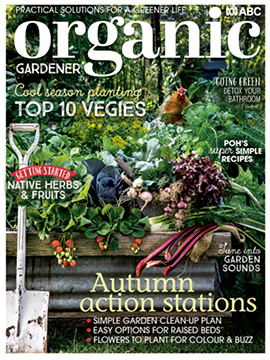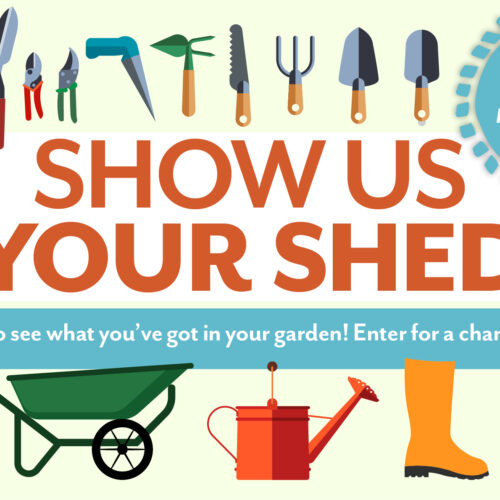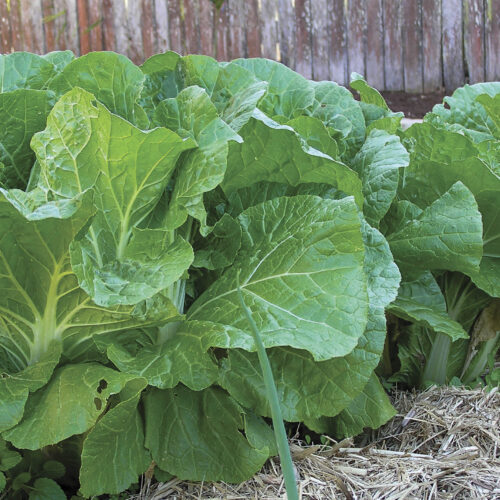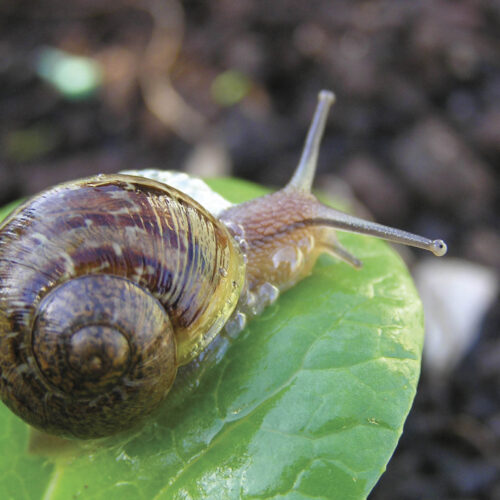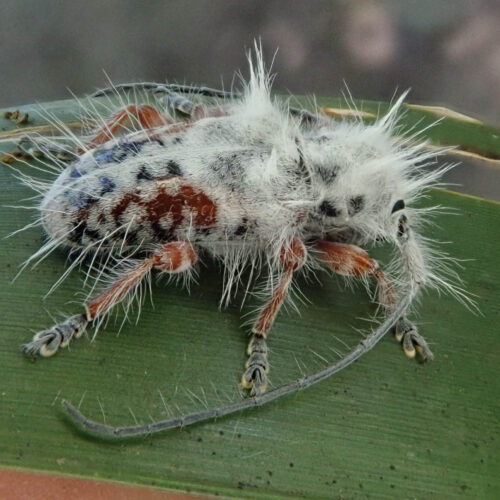The final frontier for agriculture: growing bush foods in space
2023-03-22T03:21:29+11:00
Royal Botanic Gardens Victoria is to lead a pilot program exploring the potential of bush foods as a diet option for astronauts in Australian schools.
Royal Botanic Gardens Victoria is leading a pilot program called “Growing Beyond Earth” where schools collect data to help NASA discover new fresh, tasty, and nutritious foods for astronauts to grow and eat on the International Space Station.
The program involves identifying, growing, and testing Australian bush foods, some of which are more nutritious and can grow in impoverished soils with short water supply. For example, Microseris walteri (murnong) has been used as a staple food for Aboriginals for millions of years and is eight times more nutritious than a potato. Other potential food sources include Carpobrotus rossii (pigface) and Tetragonia tetragonioides (warrigal greens).
The program is a collaboration between NASA, Royal Botanic Gardens Victoria, Fairchild Tropical Botanic Garden, The Latrobe Institute for Agriculture and Food, and Melbourne Archdiocese of Catholic Schools. The pilot program will take place in two Victorian schools in 2023, and students will use specially designed Growth Chambers to collect data around germination rate, plant size, edible mass, humidity, light, and other variables.
“It’s definitely an amazing opportunity that we get to research plants that could be grown in space and that astronauts will be able to produce these plants up on the moon and on Mars…” says Zalaika Farrugia, a Year 10 student at the Catholic Regional College (pictured above with Natalie Duquemin and Hamish MacGregor).
The program originated with Fairchild Botanic Garden in Florida, USA, and is now in 350 middle and high schools across the US, with more than 40,000 students participating and more than 180 varieties of edible plants tested.
Students in the USA have successfully identified foods such as ‘Dragoon Lettuce’ and ‘Extra Dwarf Pak Choi’ that have gone on to become a part of the ‘Vegie’ program at Kennedy Space Centre and on the International Space Station.
Interested schools can learn more at Royal Botanic Gardens Vcitoria.
If you want to keep your planting more grounded and try growing edible natives in your own garden, get a copy of our Early Autumn 2023 issue (OG 139): Karen Sutherland has written a feature all about indigenous herbs and fruits you can grow yourself.

